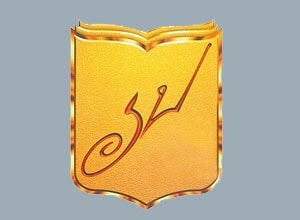The Council of European Union imposed travel bans on a number of Belarusian journalists – an unprecedented situation for the global community. Thirteen mass media people were banned from entering the EU member states. These sanctions breach the European Charter on Freedom of the Press adopted on May 25, 2009 in Hamburg. Article 3 of the Charter says: “The right of journalists and media to gather and disseminate information and opinions must not be threatened, restricted or made subject to punishment”. It appears that the EU leaders’ blacklisting a number of Belarusian media people contradicts the documents they once approved.
Certainly, sanctions were imposed on Belarusian journalists exclusively because they defended their viewpoint before, during and after the presidential election in Belarus. Being not happy with that point of view, the EU political leadership punished the Belarusian journalists for free expression of their opinion. These sanctions breach Article 10 of the Convention for the Protection of Human Rights and Fundamental Freedoms signed on November 4, 1950 (with protocols), Article 19 of the International Covenant on Civil and Political Rights adopted on December 16, 1966 and Article 11 of the Charter of Fundamental Rights of the European Union.
The EU Council passed this resolution before the OSCE published its report on elections in Belarus. This prompts us to think that it might have been biased, all the more so because Belarusian journalists did not take part either in the election arrangements or in the post-election events. Evidently, here we see extra-judicial prosecution for the acts that the journalists have not committed. Besides, the Belarusian journalists’ right to freedom of movement laid down in Article 2 of the abovementioned Convention has been violated.
Thus, the Belarusian journalists are facing discrimination for their political and other views.
In our opinion, this is undisguised pressure on the Belarusian mass media aiming at forcing them into altering their editorial policy and changing individual journalists’ standpoint. The EU sanctions have been imposed on blacklisted media representatives and communicate a clear message to other journalists implying a tough response that might follow the dissemination of information and opinions contradicting the EU leadership’s position.
We believe that imposing these sanctions is an undesirable precedent for the whole journalist community.
In these difficult circumstances we request our colleagues to express their solidarity and take a consolidated position in defending the freedom of speech, opinion and expression as well as the honor and dignity of people who fell victim to a pre-arranged slander and intimidation campaign.
Chairman of the Belarusian Union of Journalists
Anatoly Lemeshenok











